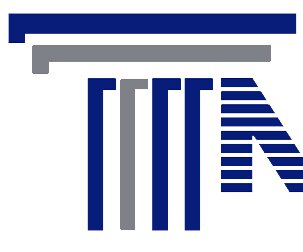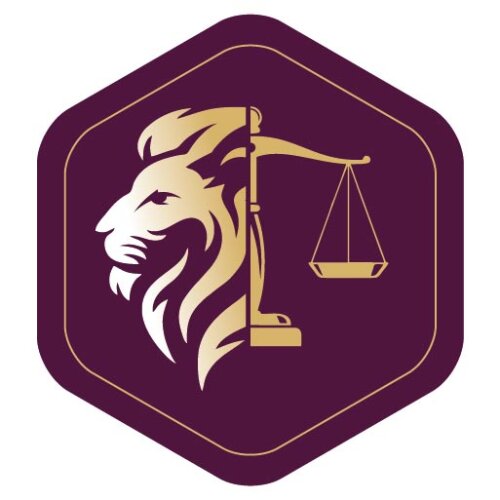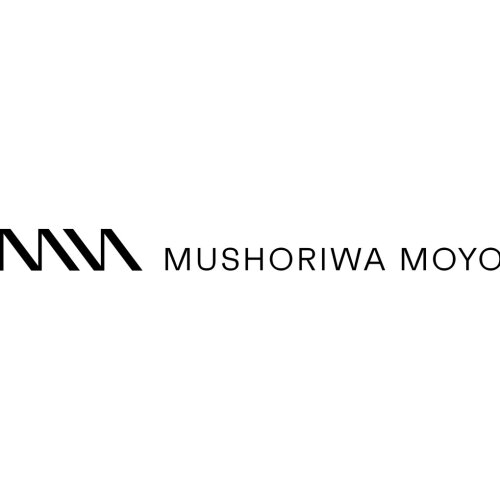Best Native People Lawyers in Harare
Share your needs with us, get contacted by law firms.
Free. Takes 2 min.
List of the best lawyers in Harare, Zimbabwe
About Native People Law in Harare, Zimbabwe
Native People law in Harare, Zimbabwe, is a specialized area of law that addresses the rights and legal issues affecting Indigenous communities. In Zimbabwe, particularly in urban areas like Harare, Indigenous people often confront unique legal challenges related to land rights, cultural preservation, and discrimination. Although labeled "Native People," the official terminology and additional categories of recognition can be diverse, reflecting Zimbabwe's complex socio-cultural history and the various ethnic groups indigenous to the region.
Why You May Need a Lawyer
There are several situations where one might seek legal assistance relating to Native People issues. These situations include, but are not limited to:
- Land title disputes and rights to traditional lands.
- Cases involving the preservation of cultural heritage and customs.
- Employment discrimination based on ethnicity or cultural identity.
- Legal conflicts over resource extraction and environmental issues impacting Indigenous lands.
- Issues related to governance and participating in decision-making processes affecting Indigenous communities.
Local Laws Overview
In Harare, as in the rest of Zimbabwe, the legal framework for addressing issues related to Native People is shaped by both national laws and international agreements that Zimbabwe is a part of. Some key aspects of local laws relevant to Native People include:
- The Constitution of Zimbabwe: Offers protections against discrimination and provides for cultural and linguistic rights.
- The Communal Land Act: Governs the rights and land usage for Indigenous communities.
- The Traditional Leaders Act: Outlines the roles and powers of traditional leaders in governance and community affairs.
- Environmental Management Act: Aimed at protecting natural resources and ensuring sustainable development, impacting Indigenous territory.
- International Treaties: Zimbabwe is a signatory to several international agreements advocating for Indigenous people's rights, such as the UN Declaration on the Rights of Indigenous Peoples.
Frequently Asked Questions
What rights do Indigenous people have under Zimbabwean law?
Indigenous people are entitled to cultural, linguistic, and land rights, including the protection against discrimination under the country's Constitution.
Can Native People claim land rights in urban areas like Harare?
While historically more complex, there are legal avenues to claim land rights through appropriate governmental and legal channels.
What is the role of traditional leaders in legal matters?
Traditional leaders have defined roles under the Traditional Leaders Act, including overseeing cultural matters and some aspects of community governance.
Is it possible to challenge resource extraction activities on Indigenous land?
Yes, legal mechanisms exist to challenge activities that negatively impact Indigenous lands, often requiring a lawyer specialized in environmental and Indigenous law.
How can cultural heritage be legally protected?
Legal protections are available through national laws and international frameworks to preserve cultural practices and artifacts.
What support is available for employment discrimination?
Victims of employment discrimination can seek recourse through labor rights laws and may file complaints with relevant government bodies or seek advice from specialized lawyers.
How can Indigenous communities influence legislative processes?
Indigenous communities are encouraged to engage with policy-making through consultative processes and representation in local and national legislative bodies.
Are there specific legal services for Indigenous women?
There are advocacy groups and legal services focused on addressing the unique challenges faced by Indigenous women, including violence and economic empowerment.
How does international law protect Indigenous rights in Zimbabwe?
International laws, such as the UN Declaration on the Rights of Indigenous Peoples, offer additional protections and standards that Zimbabwe recognizes and is expected to adhere to.
What is the procedure for addressing legal grievances related to Native People?
The procedure typically involves filing a complaint with relevant authorities, seeking mediation or arbitration, or pursuing litigation in the courts, often with the guidance of a specialized lawyer.
Additional Resources
Several resources can assist those seeking legal advice on Native People issues in Harare:
- The Ministry of Local Government and Public Works
- Zimbabwe Human Rights Commission
- Zimbabwe Indigenous Peoples Forum
- ZELA (Zimbabwe Environmental Law Association)
- Local law firms specialized in Indigenous law and human rights
Next Steps
If you need legal assistance related to Native People issues in Harare, consider the following steps:
- Identify the specific legal issue you are facing.
- Gather any relevant documentation and evidence.
- Reach out to specialized legal professionals or organizations that handle Indigenous law matters.
- Consider consulting with advocacy groups that can offer additional support.
- Stay informed about your rights and responsibilities under both local and international law.
Lawzana helps you find the best lawyers and law firms in Harare through a curated and pre-screened list of qualified legal professionals. Our platform offers rankings and detailed profiles of attorneys and law firms, allowing you to compare based on practice areas, including Native People, experience, and client feedback.
Each profile includes a description of the firm's areas of practice, client reviews, team members and partners, year of establishment, spoken languages, office locations, contact information, social media presence, and any published articles or resources. Most firms on our platform speak English and are experienced in both local and international legal matters.
Get a quote from top-rated law firms in Harare, Zimbabwe — quickly, securely, and without unnecessary hassle.
Disclaimer:
The information provided on this page is for general informational purposes only and does not constitute legal advice. While we strive to ensure the accuracy and relevance of the content, legal information may change over time, and interpretations of the law can vary. You should always consult with a qualified legal professional for advice specific to your situation.
We disclaim all liability for actions taken or not taken based on the content of this page. If you believe any information is incorrect or outdated, please contact us, and we will review and update it where appropriate.
















